A report on future support measures for the NI sheep sector has been sent to DAERA which includes proposed payments worth up to £15 per ewe.
The plan is based on a range of measures and actions that individual farmers must complete to draw down the annual payments.
It is proposed that £2/ewe should be available for those farms which complete a flock health plan, a farm carbon audit and attend two discussion group meetings each year.
Another payment worth £2/ewe is for recording individual lambing dates for 20% of the flock in year one, rising to 30% in the second year and 40% in year three.
Carrying out three veterinary actions, such as faecal egg counts, pregnancy scanning and scab treatments, is worth £3/ewe.
In non-pedigree flocks, it is proposed that use of performance-recorded rams should be worth £1/ewe. For pedigree breeders, a payment of £8/ewe is proposed for those flocks which record performance using the likes of as Signet or Sheep Ireland. Overall, the proposals equate to a maximum payment worth £8/ewe for commercial farmers and £15/ewe for pedigree breeders.
Taskforce
The plan was drawn up by a range of agri-food bodies, including the Ulster Farmers’ Union, the NI Agricultural Producers’ Association, the NI Meat Exporters’ Association, the National Sheep Association, Ulster Wool and the Livestock and Meat Commission.
A key theme of the report is to incentivise measures on sheep farms that improve genetics, animal health, and data collection, which leads to lower greenhouse gas emissions and increased profitability. Much of the data collected could be potentially used to deliver the sheep elements of a proposed new ruminant genetics programme in NI.
Environment
The report also suggests a new area-based payment could be set up to incentivise measures on sheep farms that bring other environmental benefits, such as improved biodiversity.
In addition, the industry bodies want more capital grant funding for sheep farmers for equipment and technology.
Finally, a crisis management package is proposed where support is paid if the market price for lamb falls below the five-year average for four weeks or more.
DAERA reaction
A spokesperson for DAERA said the report by the industry bodies “provides some very useful perspectives on the challenges and opportunities facing the sector”.
Industry representatives were hopeful that new funding could be found for future sheep sector support so that money from existing farm schemes does not need to be re-distributed.
However, the department spokesperson indicated that this is unlikely to be the case.
“Any decisions to introduce new policies, programmes or schemes of support would have to await the return of ministers […] and of course is subject to budget availability within the ringfenced farm support funding,” the spokesperson said.




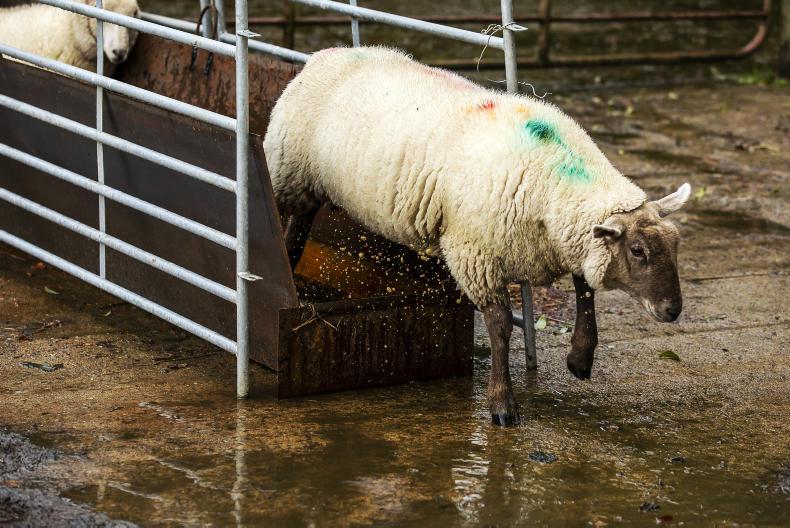
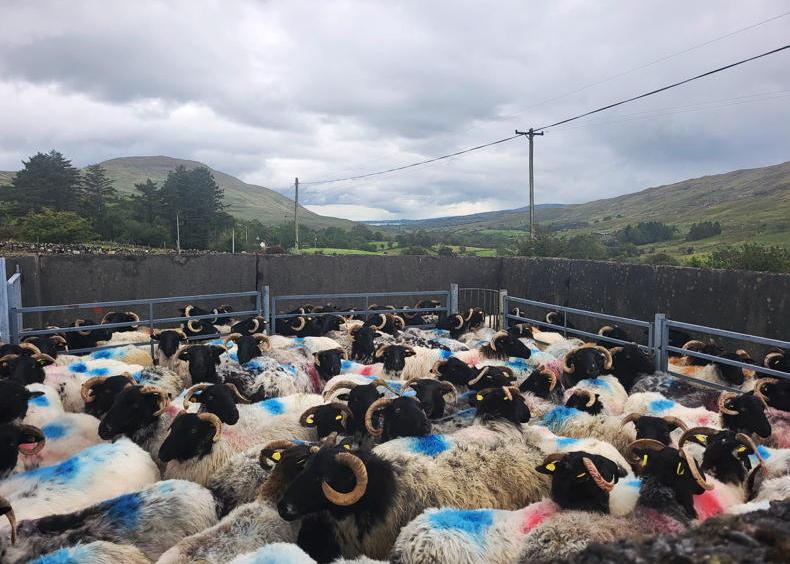

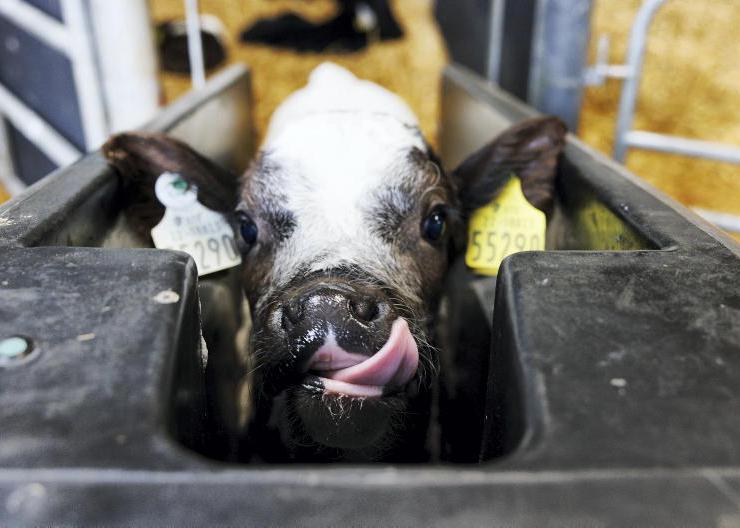
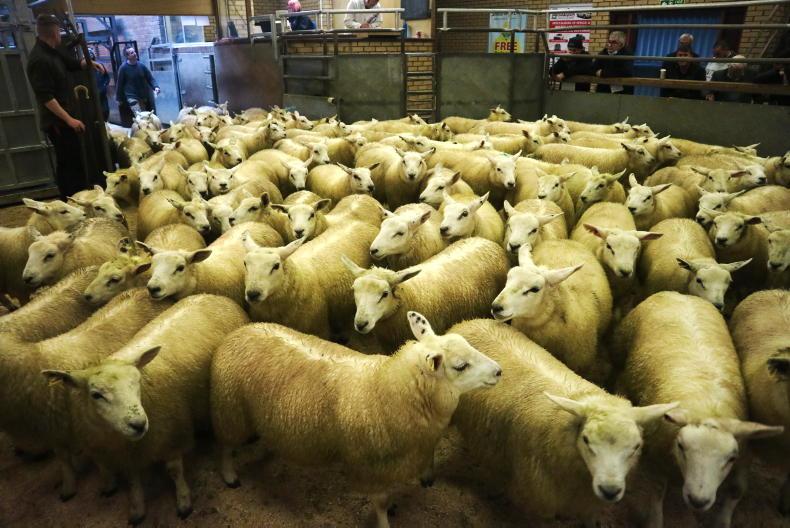
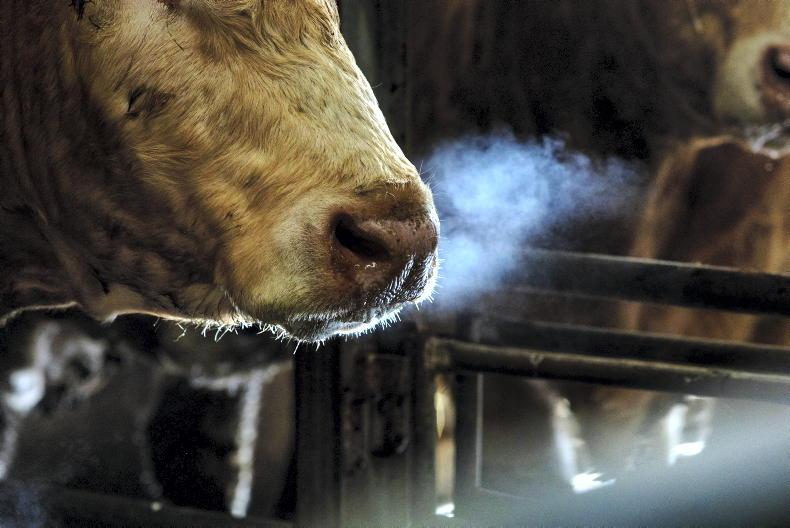
SHARING OPTIONS